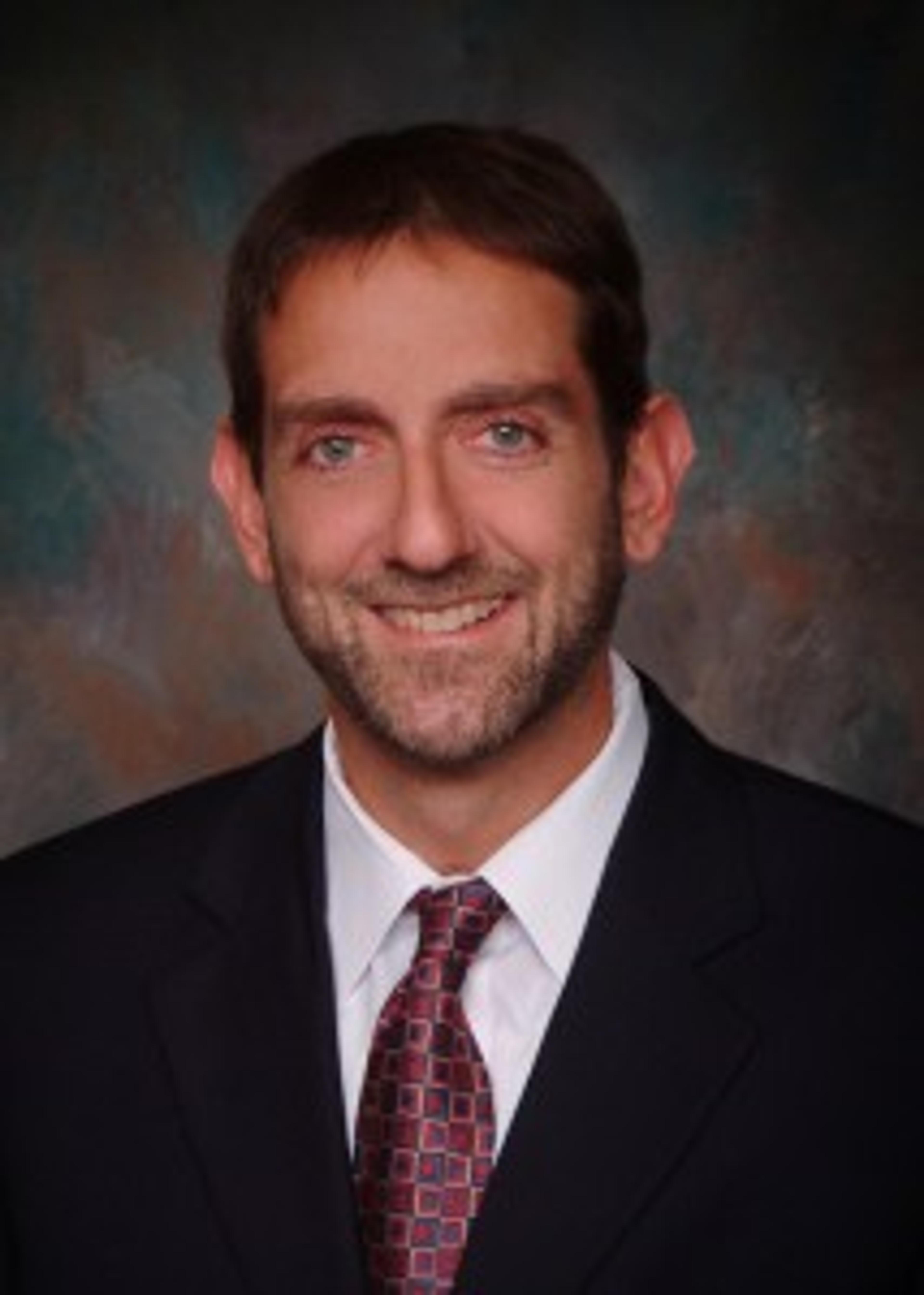You don’t need a stethoscope to be a lifesaver
Guest Blogger
| 3 min read

Did you ever wake up and think, “I am going to save a life today”?
Surely paramedics, nurses and doctors believe this is a real possibility on any given day. But did you know that when it comes to sudden cardiac arrest (SCA), lifesaving abilities rest in YOUR hands. SCA takes the lives of almost 1,000 each day – men, women, senior citizens…children. An arrest is most likely to occur at home, at church, watching a sporting event, or shopping, far from direct medical care. In these situations, the difference between life and death could be YOU.
Tragically, less than 8 percent of the people who suffer an arrest outside the hospital setting survive. Studies have shown that the earlier basic CPR is initiated after an arrest occurs, the higher the likelihood of survival. Effective bystander CPR begun immediately can triple a victim’s chance of survival.
On February 2, 2013, the Sixth Annual MCVI Foundation Shocks and Saves® Charity Hockey Game will take place at the Dow Event Center, prior to the Saginaw Spirit hockey game. The goal of this event has been to raise funds to place lifesaving automatic external defibrillators (AEDs) in our communities, but more importantly, to provide the encouragement and opportunity for everyday people to get trained in basic cardiopulmonary resuscitation (CPR).
Featured at the game will be remarkable stories of everyday rescuers. Rescuers who do not carry a stethoscope or wear a paramedic uniform, but who have performed remarkable and heroic – yet stunningly simple – actions that saved someone’s life.
We envision a future where all people can provide this basic support to bring the chain of survival to our friends, neighbors, and family members. This year, through the generous support of organizations such as Blue Cross Blue Shield of Michigan and Mobile Medical Response, a CPR/AED community alert system for Saginaw County will be unveiled at the game.
Through smart phone technology and GPS mapping, the public is invited to take a hands-on role in lifesaving. When a call comes into emergency dispatching (9-1-1) for what is thought to be a cardiac event, an alert will be sent to trained CPR responders in the immediate vicinity simultaneously with ambulance dispatch through a free phone app, which provides the GPS location of the emergency and the location of nearby AEDs.
Learn CPR. Help when needed. Two easy steps every person can take. Do this and you, too, can wake up and say to yourself, “I can save a life today.”
Peter G. Fattal, MD
Chair, Michigan CardioVascular Institute (MCVI) Foundation
Chair, Michigan CardioVascular Institute (MCVI) Foundation
Peter G. Fattal, MD, is an invasive cardiologist and a graduate of SUNY Health Sciences Center in Syracuse, New York. He has been in practice with the Michigan CardioVascular Institute (MCVI) since 1994. Dr. Fattal is board certified in cardiovascular disease and echocardiography. He completed his cardiology fellowship at Washington University School of Medicine in St. Louis, Missouri.
In addition to practicing medicine, Dr. Fattal serves as chair of the MCVI Foundation, a nonprofit dedicating to improving heart health in the Great Lakes Bay Region, and as medical director of cardiovascular research programs conducted through MCVI.





